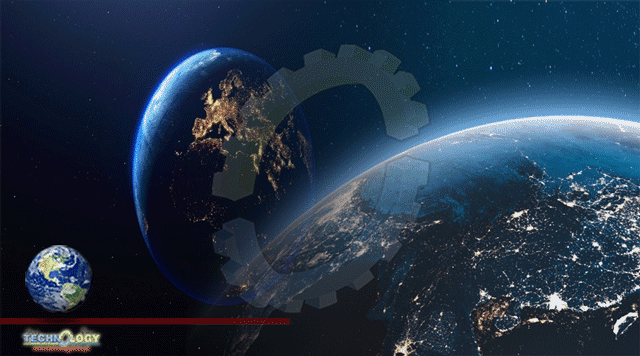GMV has joined the Net Zero Space international initiative, the platform that brings together stakeholders from within the value chain of any type of space mission including satellite launchers, manufacturers, operators, civil society, research and academic organisations, space agencies, and public actors from all over the world.

GMV has joined the Net Zero Space international initiative, the platform that brings together stakeholders from within the value chain of any type of space mission including satellite launchers, manufacturers, operators, civil society, research and academic organisations, space agencies, and public actors from all over the world.
The space environment is becoming increasingly polluted due to the proliferation of objects orbiting around the earth, particularly in low and geostationary orbits. Estimates suggest that there are more than 1m objects larger than 1 cm capable of causing potential damage of various kinds, and the number is increasing at a dangerous rate.
In a statement, GMV said: “This coalition is pressing for an urgent and consensual response to the issue of rising orbital pollution and is calling for immediate and specific action to be taken to reduce it by 2030. GMV has pledged to improve and promote the use of its collision avoidance services and to continue developing new solutions to ensure the safety and sustainability of space operations.
“Space is a shared asset offering major opportunities and services as well as significant social, economic, scientific and strategic benefits for all humanity. Everyday technologies such as telecommunications, resource observation and location, and financial transactions depend on space infrastructure, and therefore on the long-term viability of the Earth’s orbital environment. With the space market expected to generate a turnover of more than $1tn by 2030, according to Bank of America’s forecasts, space is becoming a tremendously important part of our economy. However, these benefits will only be possible if all market players come to an agreement on the long-term, safe, and sustainable use of space.
“In addition to the private sector, civil society, research and academia, public authorities and regulators, Net Zero Space initiative members believe that this goal can only be achieved through cooperation. All those operating in orbit or supporting space operations on the ground have a key role to play in this endeavour.”
GMV is a world reference in the study, monitoring and prevention of space debris proliferation. It has been operating in this field since the late 1990s, when it started working with ESA on object cataloguing and in-orbit collision avoidance.
Source: SatelliteProMe